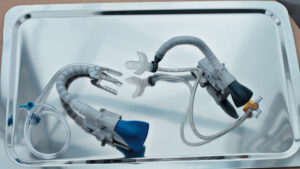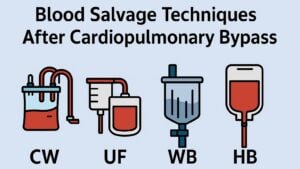
Leveraging the Perfusionist-Surgeon Dyad to Improve the Culture of Safety
This article describes how a cardiac surgery program at Massachusetts General Hospital transformed its operating room culture by leveraging the unique perfusionist-surgeon relationship. By promoting psychological safety, challenging hierarchical assumptions, and implementing structured guidelines, checklists, and multidisciplinary briefings, the team improved communication, recruitment, teamwork, and resilience. The initiative demonstrates how deliberate cultural change enhances safety and performance.










